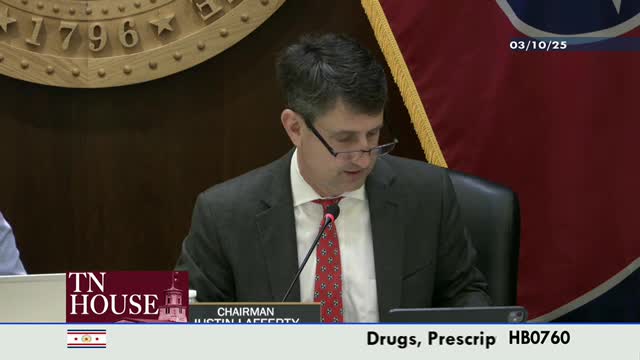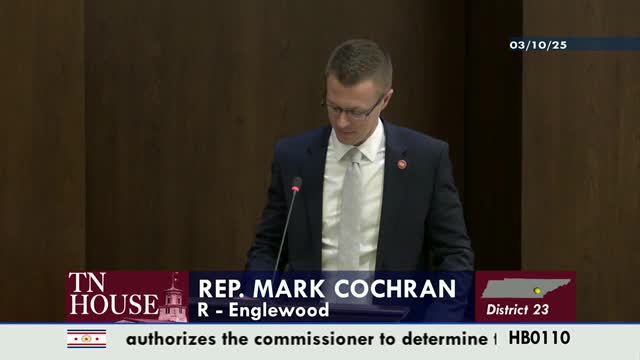Article not found
This article is no longer available. But don't worry—we've gathered other articles that discuss the same topic.

House committee backs bill to require state directory and age verification for vape products

Committee advances pedestrian‑safety grant for sidewalks near schools

Committee approves bill allowing schools to stock emergency inhalers

Panel approves bill allowing community banks to access multiple‑employer welfare arrangements for health coverage

Panel recommends bill to create enhanced armed‑guard license

Committee extends Department of Financial Institutions’ sunset to 2029; commissioner outlines oversight of nonbank lenders

Committee gives positive recommendation to bill expanding commissioner authority on bank deposit insurance

